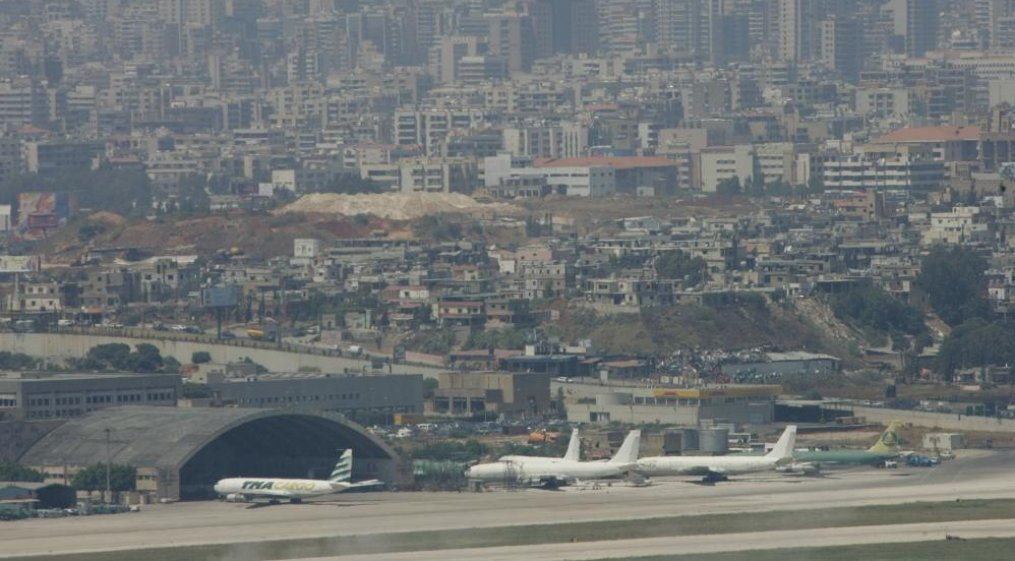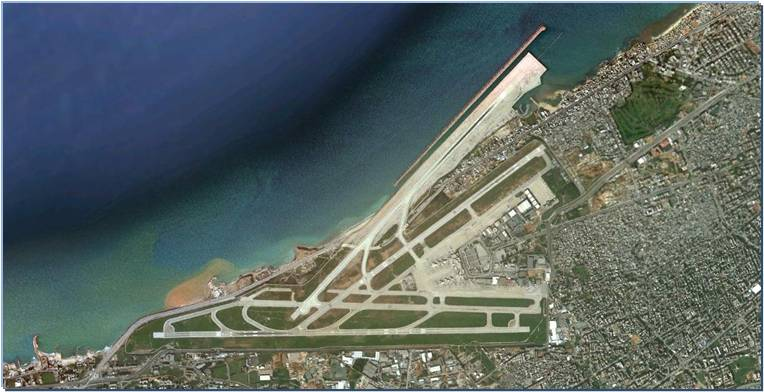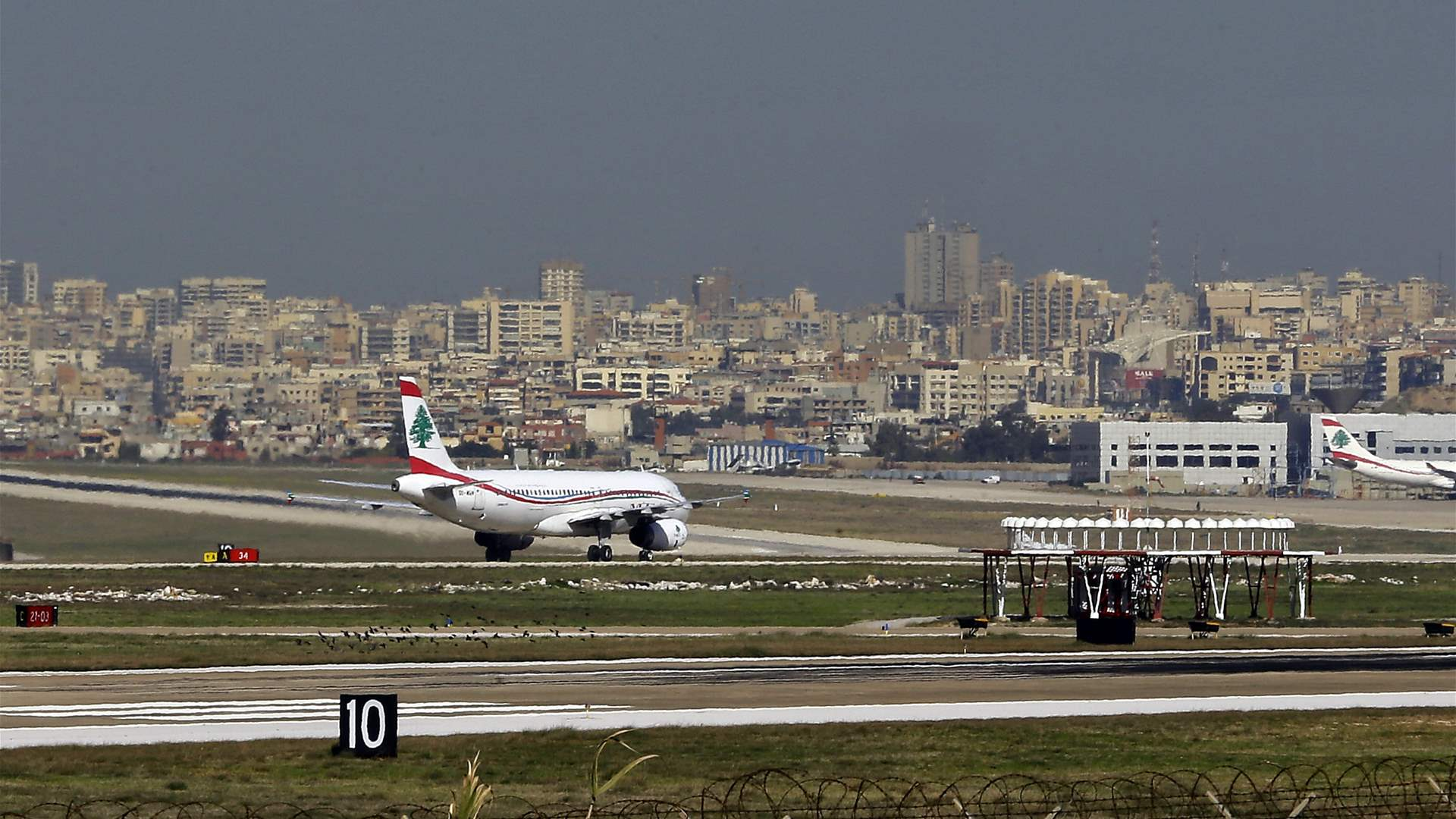Israel hijacks Beirut airport, marking a significant development in the ongoing conflict between Israel, Lebanon, and Iran. The latest incident occurred when Israeli forces allegedly hacked into the control tower at Rafic Hariri International Airport, issuing direct threats against an Iranian civilian plane attempting to land.
This incident, where Israel hijacks Beirut airport, has raised tensions across the region, highlighting Israel’s determination to prevent the transfer of weapons to Hezbollah, the Iranian-backed militant group that poses a considerable threat to Israel’s security.
According to reports from Lebanese media, Israel hijacks Beirut airport by taking control of the communications system at the airport and delivering a stark warning to the Iranian aircraft.
This action underscores Israel’s commitment to disrupting any potential military aid that Iran might send to Hezbollah through Lebanese territory.
Background of the Israel-Hezbollah Conflict
The phrase “Israel hijacks Beirut airport” is not an isolated event but rather part of a broader and long-standing conflict between Israel and Hezbollah, which has deep ties to Iran.
Read : Video Shows Buildings in Beirut Bombed to Dust After Israeli Strike
Hezbollah, a powerful militant group based in Lebanon, is seen by Israel as a direct threat, particularly because of its significant military capabilities, which have been bolstered by Iranian support over the years. In 2006, during the Lebanon War, Israeli forces bombed Beirut’s airport, a move that left deep scars on the nation’s infrastructure.
Read : Israeli Jets Break Sound Barrier Over Beirut After Hezbollah Attack
Today, with the phrase “Israel hijacks Beirut airport” making headlines once again, it’s clear that the conflict between Israel and Hezbollah is far from over.
Hezbollah’s active involvement in cross-border skirmishes with Israel, particularly in the aftermath of the ongoing war between Israel and Hamas, has heightened the already fragile state of affairs in the region. The prospect of Iranian weapons being funneled to Hezbollah is something Israel has vowed to stop at all costs.

In this context, Israel hijacks Beirut airport not only to prevent the landing of a civilian plane but also to send a clear message to both Iran and Hezbollah.
Israeli officials have expressed growing concerns about weapons transfers through Lebanon, with Israeli army spokesman Daniel Hagari stating, “We will not allow any weapons to be transferred to Hezbollah, including through Beirut International Airport.” The hacking of the airport’s control tower demonstrates the lengths to which Israel is willing to go to enforce this policy.
Details of the Airport Incident
The incident where Israel hijacks Beirut airport began as an Iranian civilian plane approached Lebanese airspace. Reports indicate that Israeli warplanes were patrolling the skies near the airport when the control tower system was hacked.
Through this hack, Israel issued a stern warning to the plane, threatening to bomb the airport if the aircraft attempted to land.
In response to this, Lebanon’s Minister of Public Works and Transport, Ali Hamieh, instructed the airport authorities to block the plane from entering Lebanese airspace.
This swift reaction was likely aimed at preventing any further escalation. However, the fact that Israel hijacks Beirut airport’s control systems in such a dramatic manner points to a new phase in the conflict between these nations, one where cyber warfare and direct military threats are becoming common tactics.
Despite Israeli claims, Lebanese officials have categorically denied that Beirut International Airport is being used to transport weapons to Hezbollah. Hamieh has maintained that the airport is a civilian facility, and any military air traffic requires the approval of the Lebanese army.

Nevertheless, the incident in which Israel hijacks Beirut airport suggests that Israel is highly suspicious of Iranian and Hezbollah activities in the region and is prepared to act decisively to prevent perceived threats.
Implications for the Region
The fact that Israel hijacks Beirut airport carries significant implications not only for Lebanon but for the broader Middle East. This aggressive act demonstrates Israel’s willingness to take direct action against what it views as Iranian-backed threats, regardless of whether those actions occur in Lebanese territory.
By taking control of civilian infrastructure, Israel has sent a powerful signal that it will not hesitate to intervene if it believes Hezbollah is receiving weapons from Iran.
The incident where Israel hijacks Beirut airport also raises concerns about the safety of civilian air traffic in Lebanon. For Israel to take such a bold step and hack into a civilian airport’s control tower shows how deeply entrenched the conflict has become.
Civilian airspace, which is usually protected from military intervention, has now become another battleground in the ongoing struggle between Israel and Hezbollah.
Furthermore, the hacking incident signals a worrying trend in the use of cyber warfare in modern conflicts. The fact that Israel hijacks Beirut airport remotely, through cyber means, shows the increasing role of technology in military operations.
As more critical infrastructure becomes reliant on digital systems, the potential for similar incidents in the future grows, posing new challenges for international security.

Lebanon, already grappling with economic turmoil and political instability, finds itself once again in the middle of a larger geopolitical struggle. The incident where Israel hijacks Beirut airport puts the Lebanese government in a difficult position.
While Lebanon must protect its sovereignty and the safety of its civilians, it is also under immense pressure from both Israel and Hezbollah, each of whom sees the country as a crucial theater in their broader conflict.
As the conflict between Israel and Hezbollah continues, incidents like the one where Israel hijacks Beirut airport are likely to become more frequent. Israel has made it clear that it will not allow any Iranian military support to reach Hezbollah, and its actions at Beirut’s airport are a clear indication of how far it is willing to go to prevent this.
For Lebanon, the challenge will be finding a way to navigate these dangerous waters without becoming further entangled in the Israel-Iran proxy war.
The Lebanese government must ensure that its civilian infrastructure is not used as a tool for military escalation, while also asserting its sovereignty in the face of Israeli actions. As Israel hijacks Beirut airport, the situation has become increasingly complex, with no easy solutions in sight.
The event where Israel hijacks Beirut airport is a stark reminder of the fragile and volatile nature of the Middle East. As Israel seeks to prevent the transfer of weapons to Hezbollah, the risks of further escalation remain high.
The international community will need to pay close attention to these developments, as any misstep could lead to a broader conflict involving not only Israel and Lebanon but also Iran and other regional powers.

